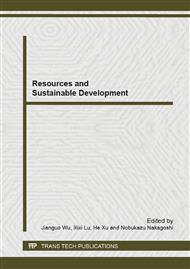p.2712
p.2717
p.2721
p.2725
p.2730
p.2734
p.2738
p.2742
p.2746
PHD Filter for Multi-Radar Multi-Target Tracking
Abstract:
Target tracking with multiple radars is more efficient than tracking with one radar. In this paper, a multi-radar tracking system is proposed even when targets are occluded at radars. Observations from all radars are composed, then, Probability Hypothesis Density (PHD) filter is used to estimate the multi-target state and the number at each time step. PHD particle filter implementation is used to perform the proposed method consisting of multiple mameuvering targets.
Info:
Periodical:
Pages:
2730-2733
Citation:
Online since:
August 2013
Authors:
Keywords:
Price:
Сopyright:
© 2013 Trans Tech Publications Ltd. All Rights Reserved
Share:
Citation:


